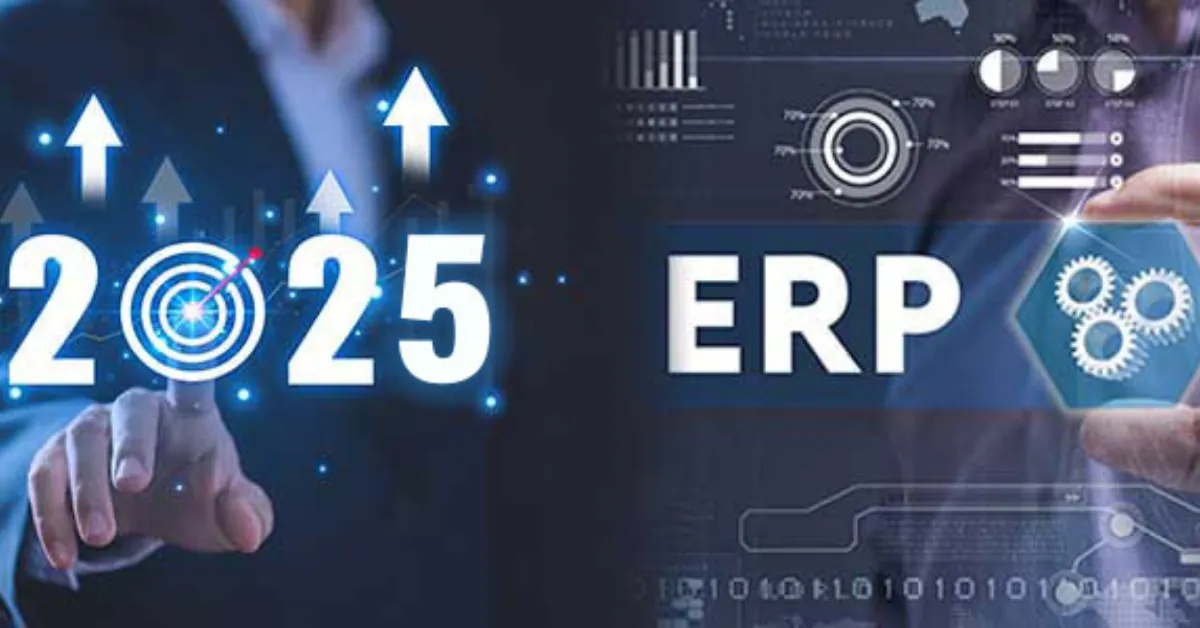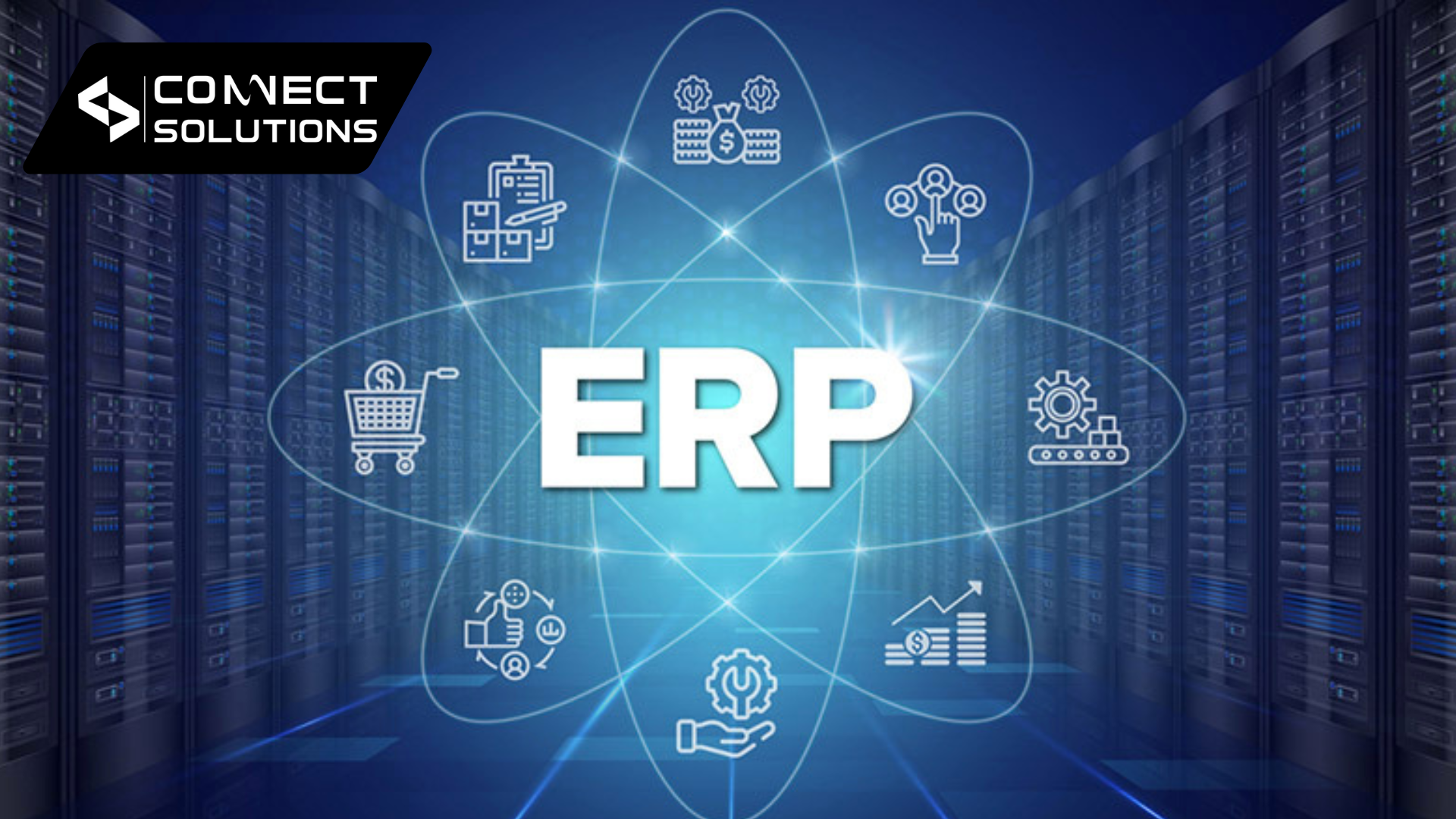Best Practices for Successful ERP Implementation in 2025
Enterprise Resource Planning (ERP) systems have become mandatory units for companies to stay competitive and optimize operational functions and executive decisions. ERP solutions integrate critical processes like finance, inventory, customer management, and supply chain operations into one system. The success of ERP implementation relies on thorough planning together with precise execution methods. In 2025, businesses must adopt best practices to ensure smooth ERP integration and maximize its benefits. This blog is an ideal piece of information for individuals searching for the latest and best ERP implementation practices.
Define Clear Objectives
Achieving the successful implementation of ERP depends on expressing clear goals. Identify the key areas where the ERP system will bring improvements, such as increased operational efficiency, better customer service, or cost reductions. Set measurable objectives to track your progress over time.
Choose the Right ERP Solution
Not all ERP systems are created equal. Build evaluations of multiple software solutions by matching them to your business requirements, along with scalability needs and customization options. Vendor selection should include support service assessments because strong post-implementation assistance crucially depends on dependable vendor services. Great flexibility, along with the ability to access the system from anywhere and excellent cost efficiency, make cloud-based ERP solutions more popular in 2025.
Involve Key Stakeholders
ERP implementation impacts every part of the organization beyond IT projects. An early method of employee participation should include employees from each department who can provide feedback about the system implementation process so their concerns can be resolved. Their insights can help shape a solution that meets operational needs. Office users benefit from the new system through increased training, which simplifies both adoption and adaptation.
Conduct a Thorough Data Migration Plan
Data migration emerges as a frequent issue when implementing ERP systems. Transfer your data with proper accuracy and correct data formatting before moving it to the new system. Development of standards that test and validate data throughout the process will prevent errors that might disrupt business continuity.
Constant Testing
Testing of the ERP system must include thorough examinations before deploying it to real environments. This includes functionality testing, user acceptance testing, and stress testing. The early discovery and resolution of problems creates both time and financial savings in the future.
Conclusion!
Business performance can achieve transformative benefits through ERP system implementation in 2025. Companies that achieve successful ERP implementation through goal definition, along with software selection and stakeholder involvement, and detailed testing, obtain strategic market advantages. If you are looking for reliable providers, then you are at the right place. Take your firststep towards smart ERP implementation with Connect Solutions today!
FAQS
What is the primary benefit of ERP implementation for businesses?
ERP systems streamline operations by integrating key processes into a single platform.
Why is employee involvement crucial in ERP implementation?
Involving employees ensures smoother adoption and helps design a system that meets operational needs.
How can businesses avoid data errors during ERP implementation?
By cleaning and validating data before migration and conducting thorough testing.




